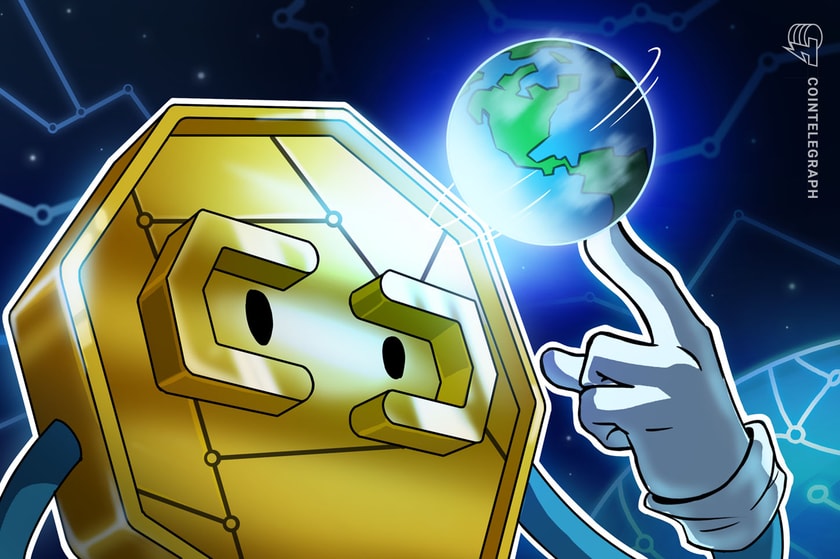In the tech industry, where many of the most significant innovations of the past few decades have occurred, there is often a tension between the drive to innovate and the need to consider ethical implications. As technologies like machine learning, facial recognition and big data analytics become more advanced, the ethical stakes also rise.
In some cases, criticism from external analysts, journalists or ethicists can actually lead to positive outcomes by encouraging companies to consider ethical implications and perhaps even alter their business practices. In other cases, it can create a backlash that stymies innovation or leads to increased regulation. Either way, ethical and social concerns are a significant aspect of the landscape that innovators must navigate, and these concerns are often magnified when the innovations touch on sensitive areas like privacy, autonomy and social justice.
Related: Worldcoin controversy explained in latest Cointelegraph Report
So, while innovators often face criticism on multiple fronts — whether it’s questioning the feasibility of their ideas, their potential to disrupt markets or the ethical implications of their work — their relationship with external observers is complex and multifaceted. Criticism can be both a hurdle and a constructive force, depending on the situation.
Rather than argue the merits of Worldcoin specifically, I would argue that we risk severely delaying technological advancement if we criticize it to death instead of criticizing it to improve.
Worldcoin wants to solve the digital identity issue, and its approach to doing so is bypassing governments. A solution to interoperable, accessible digital identity means you do not have to worry if you lose your identity documents, or if you are no longer able to access them because of changes within your home country.
Having worked with the United Nations in the past on solutions for distributed digital identity, I know that a well-designed system could fight corruption, resist identity replication, reduce fraud, and protect citizens against censorship. This is especially helpful for people who receive support from supranational organizations. A digital identity that can never expire, and can be accessed and read all over the world, is not just convenient. It can be life-saving.
It is easy enough to make the argument for this system on the fact that while a single government may do identity well, there is no seamless system worldwide for identity. Further,…
Click Here to Read the Full Original Article at Cointelegraph.com News…
